
Rie Miyazawa is a Japanese actress and former idol singer. She is regarded as one of Japan's top actresses, and her accolades include six Japan Academy Film Prizes and three Kinema Junpo Awards.

High and Low is a 1963 Japanese police procedural crime film directed and edited by Akira Kurosawa and written by Kurosawa, Hideo Oguni, Eijiro Hisaita, and Ryûzô Kikushima. The film is loosely based on the 1959 novel King's Ransom by Ed McBain. It follows the story of a board member for a Japanese company who is forced to make a decision between using a vast amount of wealth to gain executive control and helping his employee by lending him the money to free his child from kidnappers.
The Human Bullet is a 1968 Japanese satiric anti-war film about a soldier who becomes assigned to a suicide mission against the American forces during the late stage of World War II. It was written and directed by Kihachi Okamoto.

The Insect Woman is a 1963 Japanese drama film directed by Shōhei Imamura. It was entered into the 14th Berlin International Film Festival, where Sachiko Hidari won the Silver Bear for Best Actress award. It was also awarded numerous national film prizes.
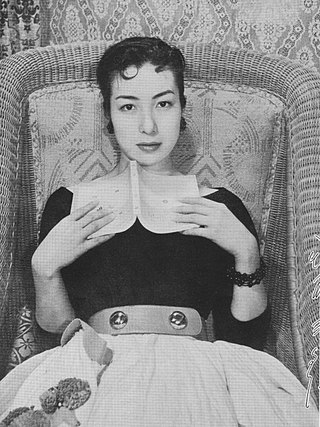
Michiyo Aratama was a Japanese film and stage actress.
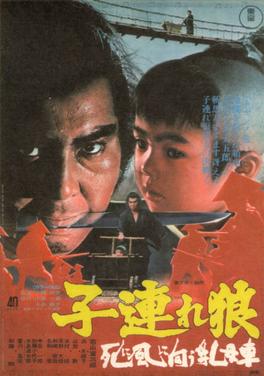
Lone Wolf and Cub: Baby Cart to Hades, is the third in a series of six Japanese martial arts films based on the long-running Lone Wolf and Cub manga series about Ogami Ittō, a wandering assassin for hire who is accompanied by his young son, Daigoro.
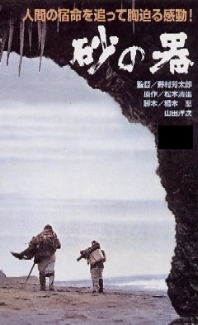
Castle of Sand is a 1974 Japanese police procedural film directed by Yoshitarō Nomura, based on the novel Suna no Utsuwa by Seicho Matsumoto.
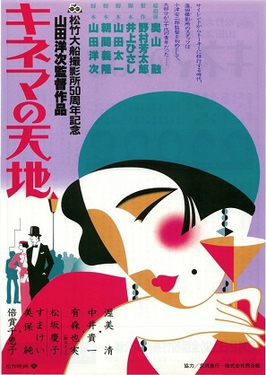
Final Take is a 1986 Japanese drama film directed by Yoji Yamada. It was Japan's submission to the 59th Academy Awards for the Academy Award for Best Foreign Language Film, but was not accepted as a nominee.

My Soul Is Slashed, also known as From Dracula with Love, is a 1991 Japanese comedy horror film directed by Shūsuke Kaneko. It stars Ken Ogata as a pharmaceutical company employee who finds himself in intensive care after a critical injury. During a transfusion,he is given the blood of Count Dracula.
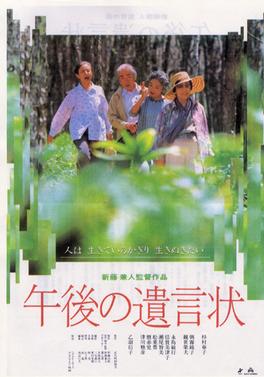
A Last Note is a 1995 Japanese comedy-drama film directed by Kaneto Shindō. It was the last film of actresses Haruko Sugimura and Nobuko Otowa.
Odd Obsession, also titled The Key, is a 1959 Japanese satirical comedy drama film directed by Kon Ichikawa. It is based on the novel The Key by Jun'ichirō Tanizaki.

Station is a 1981 Japanese film directed by Yasuo Furuhata. Among many awards, it was chosen as Best Film at the Japan Academy Prize ceremony.
The Hole a.k.a. Hole in One a.k.a. The Pit, is a 1957 black-and-white comedy/mystery Japanese film directed by Kon Ichikawa.

Passing Fancy is a 1933 silent movie produced by Shochiku Company, directed by Japanese director Yasujirō Ozu and starring Takeshi Sakamoto, Nobuko Fushimi, Den Obinata and Chouko Iida.

Tanie Kitabayashi was a Japanese actress and voice actress. Born Reiko Ando in Tokyo, she began as a stage actress. Kitabayashi was a founding member of the famed Mingei Theatre Company, founded in 1950. Early in her career, she became well known for portraying older women. In 1960, she won best actress awards at the 10th Blue Ribbon Awards and at the Mainichi Film Awards for Kiku to Isamu. She also won the Japan Academy Prize for best actress in Rainbow Kids (1991), a film that also earned her honors from the Mainichi Film Awards and from Kinema Junpo. She died on April 27, 2010, of pneumonia at a Tokyo hospital. She was 98.
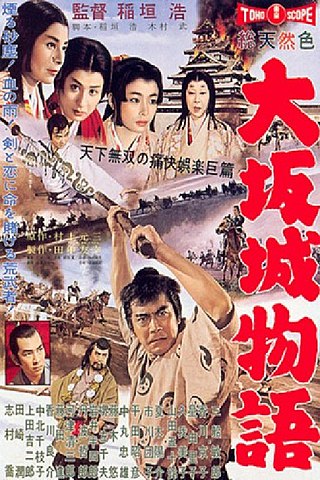
The Story of Osaka Castle is a 1961 Japanese drama film directed by Hiroshi Inagaki, with special effects by Eiji Tsuburaya. The film is based on historical events taking place in Japan during the beginning of the 17th century.

Keiju Kobayashi was a Japanese actor who appeared in 253 films in a career spanning 67 years.
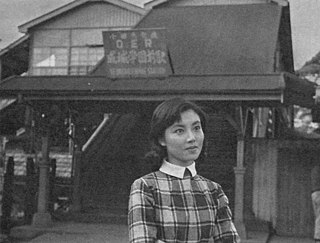
Kumi Mizuno is a Japanese actress best known for appearing in several Toho kaiju films of the 1960s and early 1970s.
Bad Girl is a 1963 Japanese drama film directed by Kirio Urayama. It was entered into the 3rd Moscow International Film Festival, where it won a Golden Prize.
Letters from the Mountains is a 2002 Japanese film directed by Takashi Koizumi. The film was adapted from the novel Amidadō Dayori written by Keishi Nagi. It stars Akira Terao. Letters from the Mountains was nominated for 13 awards at the 26th Japan Academy Film Prize.















